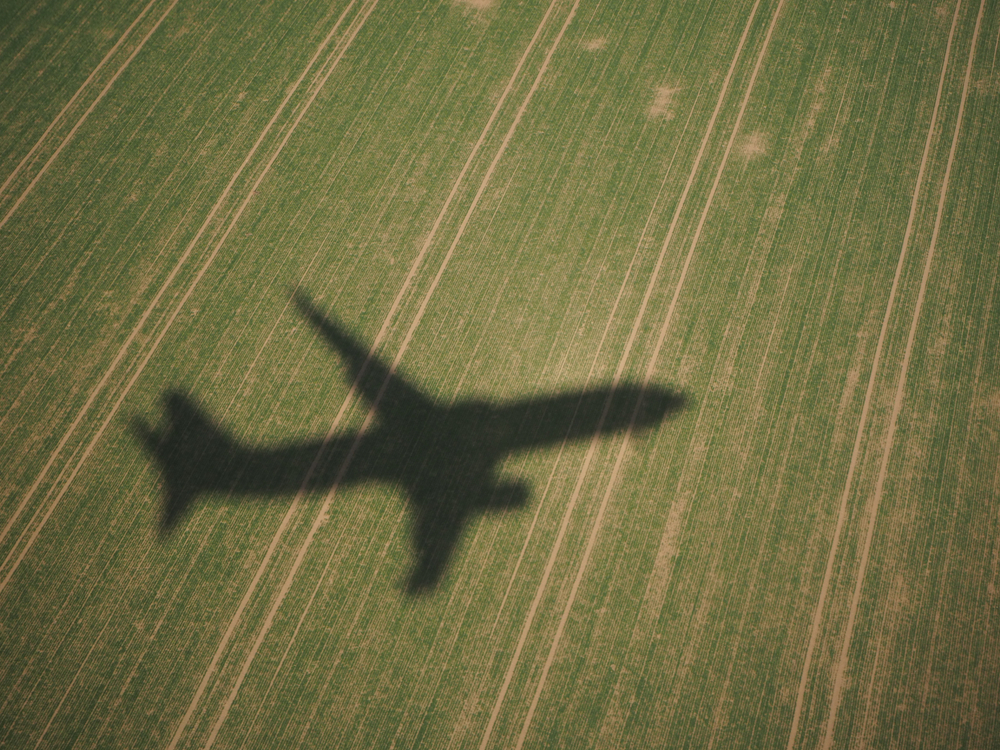
Following issues face by the aviation system during the recent federal shutdown, two House committee chairs have introduced legislation that would defend the Federal Aviation Administration (FAA) and aviation industry from the effects of future government shutdowns.
The legislation was introduced by U.S. Sens. Peter DeFazio (D-OR), Chairman of the House Committee on Transportation and Infrastructure, and Rick Larsen (D-WA), Chairman of the House Subcommittee on Aviation. Their bill would move to authorize the FAA to continue pulling money from the Airport and Airway Trust Fund (AATF) even during shutdowns, and to operate at current funding levels with no Congressional action required.
“The United States aviation system is the safest, busiest, most complex aviation system in the world—a system that was seriously jeopardized by the absurd 35-day government shutdown,” DeFazio said. “Thousands of FAA safety personnel responsible for providing critical oversight of the U.S. aviation industry were furloughed. Our 14,000 air traffic controllers, and thousands of aviation safety and security professionals worked without pay. The effects of this most recent shutdown will be felt for years to come. This must not happen again. Our legislation ensures that in any future government shutdowns, all FAA programs will function uninterrupted and that all FAA employees can remain at work and paid. The users of the National Airspace System pay for the system and deserve for it to function without interruption.”
The senators believe that the AATF currently generates enough revenue from a mix of domestic passenger ticket tax, commercial fuel tax, general aviation gasoline tax, cargo tax, and other sources, to be able to sustain the agency even without general fund contributions. In this way, programs would continue to function and employees paid even if the rest of the government is in gridlock.
This legislation has the support of at least 15 aviation organizations. Among them is the Air Line Pilots Association, Int’l (ALPA), the largest airline pilot union in the world, who said it is a step in the right direction toward guaranteeing safety.
We strongly urge Congress to pass this crucial bill to ensure safe and efficient air transportation for our passengers and cargo shippers,” ALPA President Joe DePete said. “Flying is the safest mode of transportation in the world thanks to the hardworking professionals who work in a complex, interconnected system. It is unconscionable that these essential aviation professionals were forced to work without pay during the recent shutdown, and we should never let that happen again.”
Their thoughts were echoed by others, like the National Air Traffic Controllers Association (NATCA), who have been openly advocating for air traffic control reform. The system, they claim, has been broken for some time, and those working under it cannot afford any further days working under an unstable, unpredictable funding system.
Limited and targeted though H.R. 1108 might be, NATCA’s president Paul Rinaldi said it moves toward greater system stability and aligns with his organization’s core principles. He did not hold back on his critique of the status quo, however.
“The 35-day shutdown was just the latest of many instances in which FAA, its workforce, and the aviation industry were held hostage by a political fight that had nothing to do with aviation,” Rinaldi said. “Stop-and-go funding crises wreak havoc on the personal lives of air traffic controllers and other aviation safety professionals, degrade the safety of the National Airspace System, delay critical modernization and infrastructure projects, and exacerbate the current controller staffing crisis. During the 35-day shutdown, our members experienced financial stress due to a lack of income, which led to distractions and significant fatigue for people who need to be 100 percent focused on safety.”
Another supporter included Airlines for America (A4A), an industry trade organization for airlines, who stressed the aviation system’s critical role to the U.S. economy even as they praised DeFazio’s efforts.
“The impacts of another government shutdown on the aviation industry are not tolerable; the pressures and strains are not sustainable,” the organization said in a statement. “U.S. aviation impacts millions of Americans as well as the nation’s economy. This industry helps drive $1.5 trillion in economic activity and supports more than 10 million jobs. Each and every day U.S. carriers fly 2.3 million passengers and move 55,000 tons of cargo.”